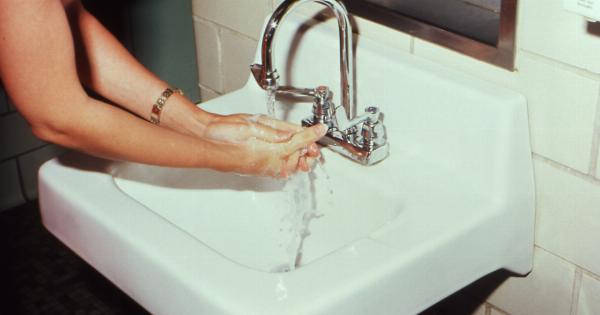Water is essential for our survival. We need it to stay hydrated and for our bodies to function properly. However, not all water is created equal. One thing that can make a big difference in the quality of your water is the presence of nitrates.
Nitrates are naturally occurring compounds that can be found in soil, air, and water. While they are necessary for healthy plant growth, they can have negative effects on human health when consumed too much.
In this article, we will discuss why nitrate-free water matters and what you can do to ensure that you’re drinking the safest water possible.
What are Nitrates?
Nitrates are compounds that contain nitrogen and oxygen. In nature, they are formed when nitrogen and oxygen react with each other. They can be found in soil, air, and water. They are commonly used in agriculture as a fertilizer to help plants grow.
Nitrates are also used in the food industry as a preservative to help products last longer on store shelves.
Why are Nitrates Dangerous?
While nitrates themselves are not toxic, they can be converted into nitrites in the body, which can be harmful. Nitrites react with hemoglobin in the blood to form methemoglobin, which cannot transport oxygen to the body’s tissues.
This condition is called methemoglobinemia, and it can be life-threatening, particularly in infants under six months of age. It can lead the baby’s skin to become bluish, and also will display symptoms such as diarrhea, vomiting, and shortness of breath.
High levels of nitrates can also pose a risk for pregnant women. Exposure to high levels of nitrates during pregnancy has been linked to birth defects and miscarriage.
Additionally, exposure to nitrates in drinking water has been associated with an increased risk of certain cancers, such as bladder, colon, and rectal cancers. Long-term exposure to nitrates in drinking water may also cause thyroid disease and can also have negative effects on reproductive health, also can cause methemoglobinemia (blue baby syndrome).
How Do Nitrates Get into Drinking Water?
Nitrates can get into drinking water in several ways. One of the most common is through agricultural runoff. When farmers apply fertilizers to their fields, rainwater can wash the fertilizers into nearby streams and rivers.
As a result, the nitrates in the fertilizers can end up in the water supply. Sewage treatment plants can also contribute to the problem as they generally add nitrates to the wastewater treatment system which later can end up in rivers.
The use of septic systems can also be a source of nitrates in drinking water. Septic systems are typically used in rural areas where there is no centralized sewage treatment.
When a septic system is not functioning properly, wastewater can seep into the ground, and the nitrates in the wastewater can make their way into the groundwater. From there, they can enter the drinking water supply.
How Can You Protect Yourself from Nitrates in Drinking Water?
There are several things you can do to protect yourself from nitrates in drinking water. One of the most important is to test your water.
Most municipal water supplies are required to test for nitrates, but if you get your water from a private well, you may need to test it yourself. Water quality test kits are available online and at home improvement stores.
If you discover that your water contains high levels of nitrates, you may need to install a water treatment system. Reverse osmosis is one of the most effective types of treatment systems for removing nitrates.
This type of system uses a semi-permeable membrane to filter out impurities, including nitrates. Activated carbon filters are also effective for removing nitrates, though they may not be as efficient as reverse osmosis.
The Importance of Nitrate-Free Water
Drinking water that is free of nitrates is essential for good health. It is particularly important for infants, pregnant women, and individuals with compromised immune systems.
Exposure to nitrates in drinking water can have serious health consequences, including birth defects, cancer, and thyroid disease. By testing your water and installing a water treatment system, you can take steps to protect yourself and your family from the harmful effects of nitrates in drinking water.
Conclusion
Water is essential for our survival, but not all water is safe to drink. Nitrates are natural compounds that can be found in soil, air, and water.
While they are necessary for healthy plant growth, they can be dangerous to human health when consumed too much. Exposure to nitrates in drinking water has been associated with an increased risk of certain cancers, birth defects, thyroid disease, and methemoglobinemia in infants. Protecting yourself from nitrates in drinking water starts with testing your water.
If you discover that your water contains high levels of nitrates, you can take steps to treat the problem with a water treatment system such as reverse osmosis or activated carbon filters. By taking these steps, you can ensure that you and your family are drinking the safest water possible.


























